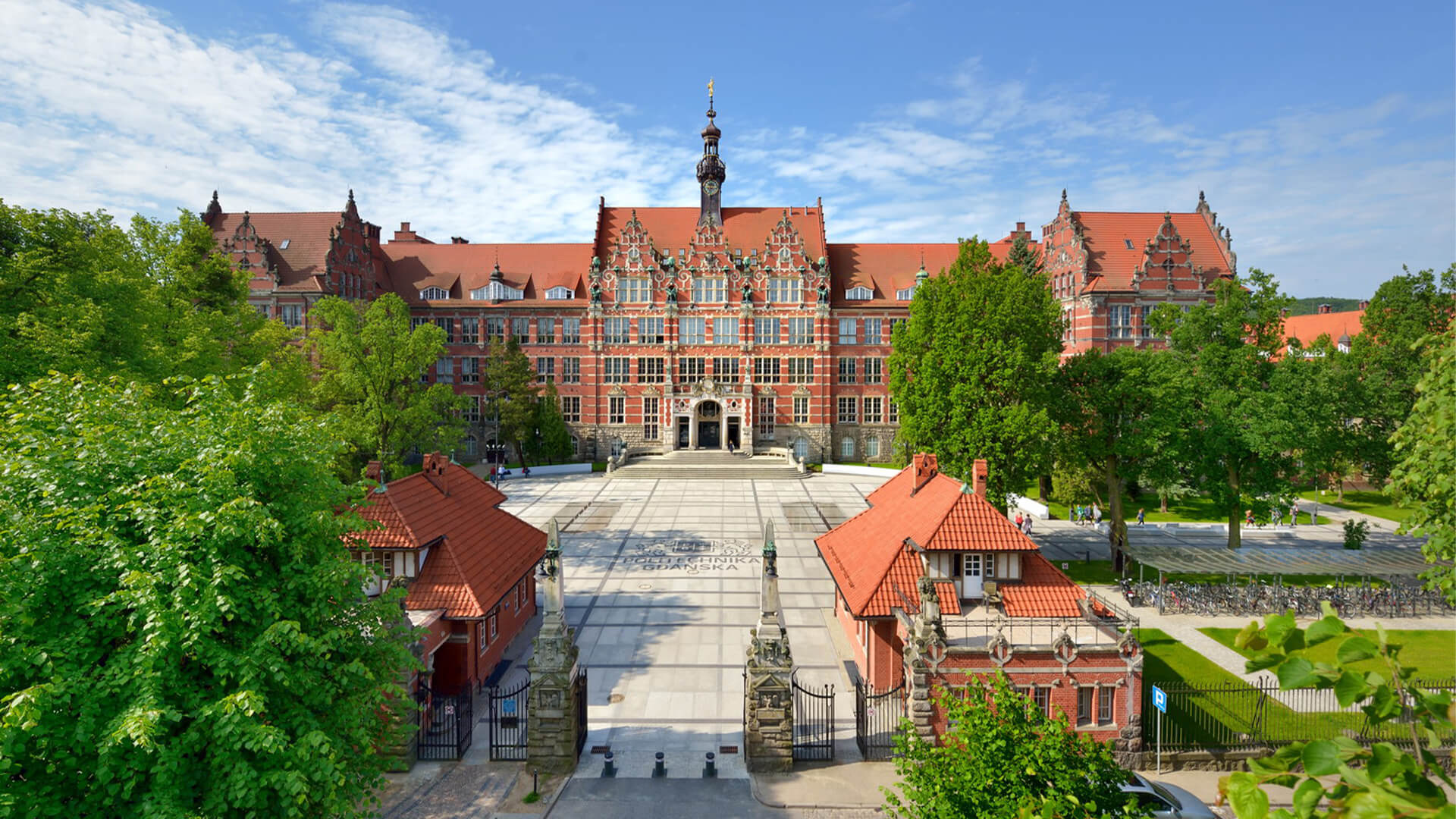
CALL FOR PAPERS
TYPES OF SUBMISSIONS
dg.o 2023 welcomes eight types of submissions subject to the corresponding requirements:
- Research papers – Research papers present innovative digital government research results in the form of formal scholarly papers. Papers on any digital government topic and using any research methodology are welcome. Relevance to digital government problems, goals, or policies must be explicit. Research papers are limited to approximately 8,000 words.
- Management or policy papers – Management or policy papers describe and evaluate practical digital government projects or initiatives, discuss major policy themes, or present and evaluate management approaches to digital government initiatives and programs. Management or policy papers are limited to approximately 5,000 words.
- Poster summaries – Poster summaries should outline the nature of the research, policy, or project and describe why the work will be of interest to dg.o attendees. Posters prepared for the conference should measure 36″ x 48″. Each poster station will be provided with a table and an easel. Selected poster submissions may be asked to give an oral presentation in the conference sessions. Poster summaries are limited to approximately 1,300 words.
- System demonstration summaries – System demonstrations are held concurrently with the poster session to accompany good food and professional fellowship. The 1-2 page summaries should outline the nature of the system and describe why the demonstration is likely to be of interest to dg.o attendees. Demonstrations of interest include systems under development or in active use in research or practice domains. Submissions should include authors’ names and contact information according to that format. Each station has a table, an easel, and Internet access. Monitors will be available for rent. Selected demo submissions may be asked to give an oral presentation in the conference sessions. System demonstration summaries are limited to approximately 1,300 words.
- Panel proposals – Panel proposals should include information about the theme and goals of the panel, a summary of the digital government issues or questions that the panel will address, statements about the value of the discussion to conference attendees, and how well-suited the topic is to a panel discussion. In addition, the proposal should include information about the expertise of the moderator and panelists in the selected issues. Please include names, institutional affiliations, addresses, email, and phone numbers of the contact person, moderator, and presenter(s). Panel proposals are limited to approximately 1,300 words.
- Tutorial proposals – Tutorials are half-day or full-day presentations offering deeper insight into digital government research, practice, methodologies, technologies, or field experience. In particular, tutorials provide insights into good practices, research strategies, uses of specific technologies such as social media, and other insights into digital government that would benefit researchers and practitioners. Tutorial proposals are limited to approximately 1,300 words.
- Workshop proposals – Workshops are half-day or full-day events intended to offer interactive sessions in which the workshop host and participants discuss and engage in activities designed to facilitate joint learning and further exploration of a particular subject. We seek workshop proposals on any e-government research or management topic. The proponents will be responsible for identifying and selecting participants for the workshop and conducting workshop activities. Workshop proposals are limited to approximately 1,300 words.
- Doctoral colloquium applications – The doctoral colloquium is a highly interactive full-day forum in which Ph.D. students meet and discuss their work with each other and with senior faculty from a variety of disciplines associated with digital government research. Ph.D. students can submit papers describing their planned or in-progress doctoral dissertation covering any research areas relevant to digital government. Ideally, student participants will have completed one or two years of doctoral study or progressed far enough in their research to have a structured proposal idea and preliminary findings but have yet to reach the stage of defending their dissertations. We expect students at this study stage to gain the most value from feedback on their work and the more general discussions of doctoral programs and scholarly careers. See the detailed announcement for complete information on the colloquium and how to apply. The material provided in applications to the doctoral colloquium will not be published in the proceedings. However, we encourage students to submit finished research to one of the paper tracks or as a poster or demo. Doctoral colloquium applications are limited to approximately ten pages, not including references, tables, and figures.


